According to Instruction No. 11/HD-BCA-V03 dated February 27, 2025 of the Ministry of Public Security , investigators at the commune-level police are allowed to investigate criminal cases under the investigative jurisdiction of the Office of the Provincial Police Investigation Agency in some cases.
The Ministry of Public Security issued Instruction No. 11/HD-BCA-V03 dated February 27, 2025 on the arrangement of investigators and investigation officers at commune-level police; the reception, classification, and handling of denunciations and reports of crimes by commune-level police.
Article 1 stipulates the arrangement of investigators at the commune-level police as follows: Appointing the position of (or arranging) investigator of the Investigation Police Agency of the Provincial or Central City Police (collectively referred to as provincial-level police) for the commune-level police chief.
In case the commune-level police chief does not meet the criteria to appoint an investigator, the deputy commune-level police chief in charge of crime prevention and control will be appointed as an investigator (or assigned). The provincial-level police chief and deputy commune-level police chief in charge of crime prevention and control will be appointed as investigators (or assigned).
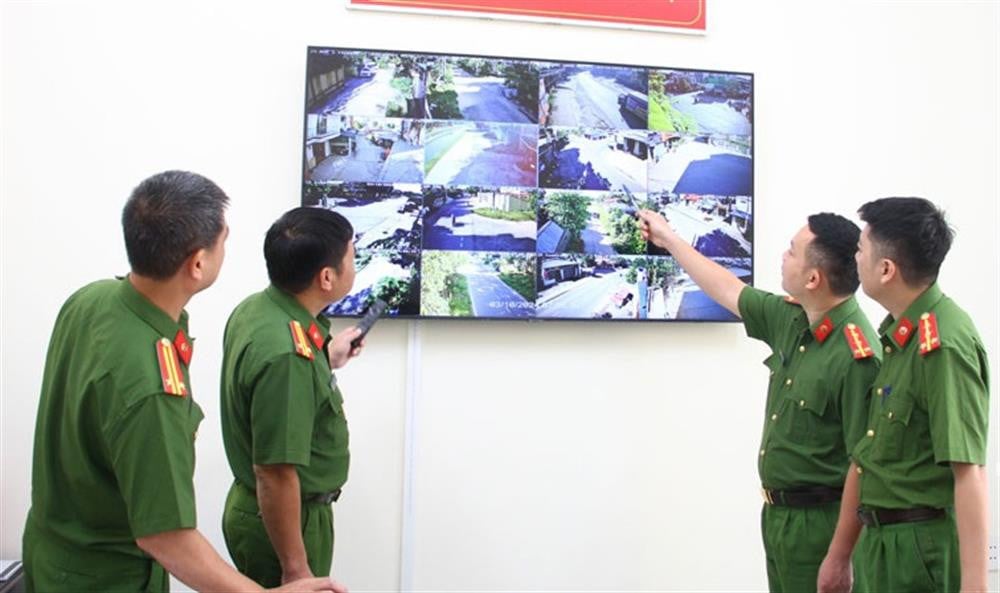
In addition to the commune-level police chief, the deputy commune-level police chief can appoint the position of (or arrange) investigator of the provincial-level police investigation agency for officers of the Crime Prevention and Control Police Team or officers directly performing the task of checking and verifying preliminary denunciations and reports of crimes and preventing and combating crimes at the commune-level police.
The appointment of the position of investigator at the commune-level police does not appoint investigators to officers who do not have investigative capacity.
Article 2 of Instruction No. 11/HD-BCA-V03 stipulates that the appointment of the position of (or arrangement of) an investigation officer of the provincial-level police investigation agency for officers of the Crime Prevention and Control Police Team or officers directly performing the task of inspecting and verifying initial denunciations and reports of crimes and preventing and combating crimes at the commune-level police who meet the standards and capacity to appoint an investigation officer.
Duties and powers of Investigators when assigned to commune-level police
Article 4 of the Guidelines stipulates that the acceptance and settlement of denunciations and reports of crimes are under the jurisdiction of the Office of the Provincial Police Investigation Agency when the following conditions are met: The denounced person has a clear place of residence and background; The crime is less serious or serious; The incident is simple, the evidence is clear; It occurs in the area under the management of the commune-level police.
At the same time, investigators at the commune-level police are assigned to handle criminal cases under the investigative jurisdiction of the Office of the Provincial Police Investigation Agency in the following cases: Criminal cases are initiated from denunciations and reports of crimes that investigators at the commune-level police are assigned to handle and resolve.
A criminal case must meet all the following conditions: The perpetrator of the crime is clear; The crime is simple, the evidence is clear; The crime committed is a less serious or serious crime; The perpetrator has a clear place of residence and background; It occurs in an area under the management of the commune-level police.
According to the guidelines, each commune-level police station will have at least one investigator.
According to the provisions of Article 3, investigators and investigation officers of the provincial-level police investigation agency assigned to commune-level police are part-time and part of the commune-level police staff.
To ensure the regime and policies when appointing (or arranging) investigators and investigation officers at the commune-level police, they still maintain other titles, ranks, and job ranks according to the regulations of the Ministry of Public Security (such as: detective, police officer...) and enjoy the regime and policies for the highest title, rank, and job rank.
Source: https://vietnamnet.vn/dieu-tra-vien-o-cong-an-cap-xa-duoc-thu-ly-dieu-tra-vu-an-hinh-su-2381687.html


![[Photo] Solemn opening of the 12th Military Party Congress for the 2025-2030 term](https://vphoto.vietnam.vn/thumb/1200x675/vietnam/resource/IMAGE/2025/9/30/2cd383b3130d41a1a4b5ace0d5eb989d)

![[Photo] The 1st Congress of Phu Tho Provincial Party Committee, term 2025-2030](https://vphoto.vietnam.vn/thumb/1200x675/vietnam/resource/IMAGE/2025/9/30/1507da06216649bba8a1ce6251816820)
![[Photo] General Secretary To Lam receives US Ambassador to Vietnam Marc Knapper](https://vphoto.vietnam.vn/thumb/1200x675/vietnam/resource/IMAGE/2025/9/29/c8fd0761aa184da7814aee57d87c49b3)
![[Photo] General Secretary To Lam, Secretary of the Central Military Commission attends the 12th Party Congress of the Army](https://vphoto.vietnam.vn/thumb/1200x675/vietnam/resource/IMAGE/2025/9/30/9b63aaa37ddb472ead84e3870a8ae825)









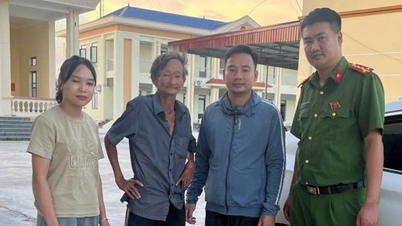

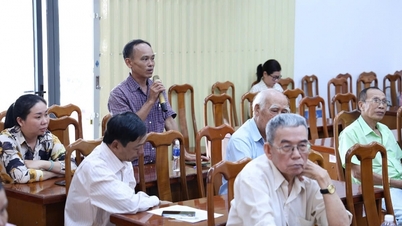

















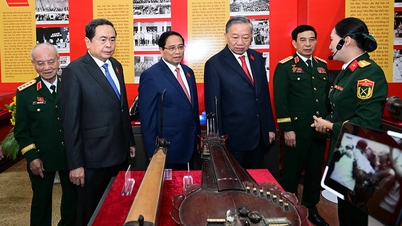


![[Photo] President Luong Cuong receives President of the Cuban National Assembly Esteban Lazo Hernandez](https://vphoto.vietnam.vn/thumb/1200x675/vietnam/resource/IMAGE/2025/9/30/4d38932911c24f6ea1936252bd5427fa)




























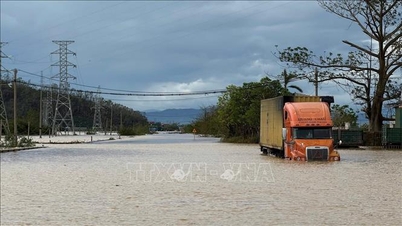


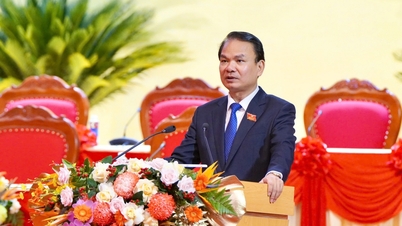
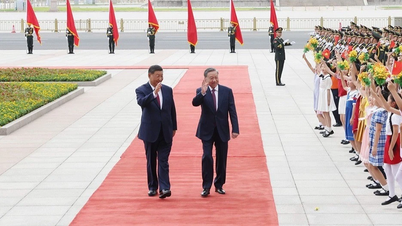






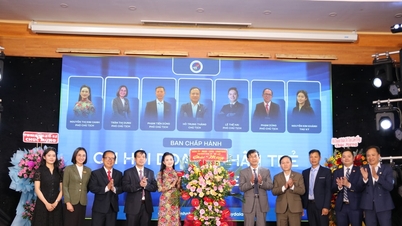

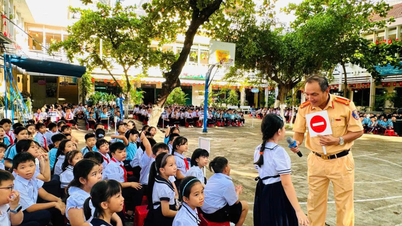

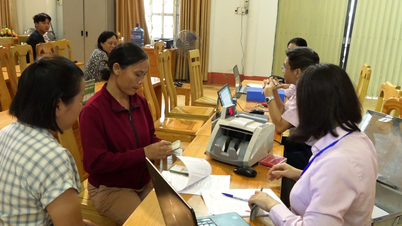


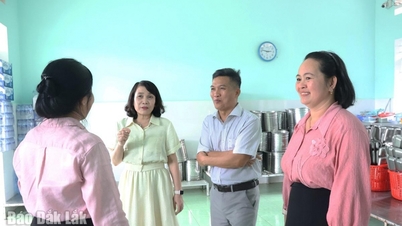

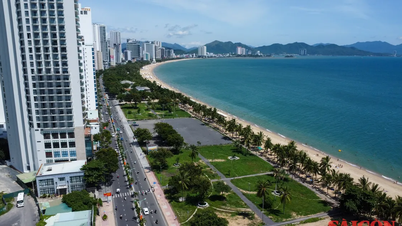








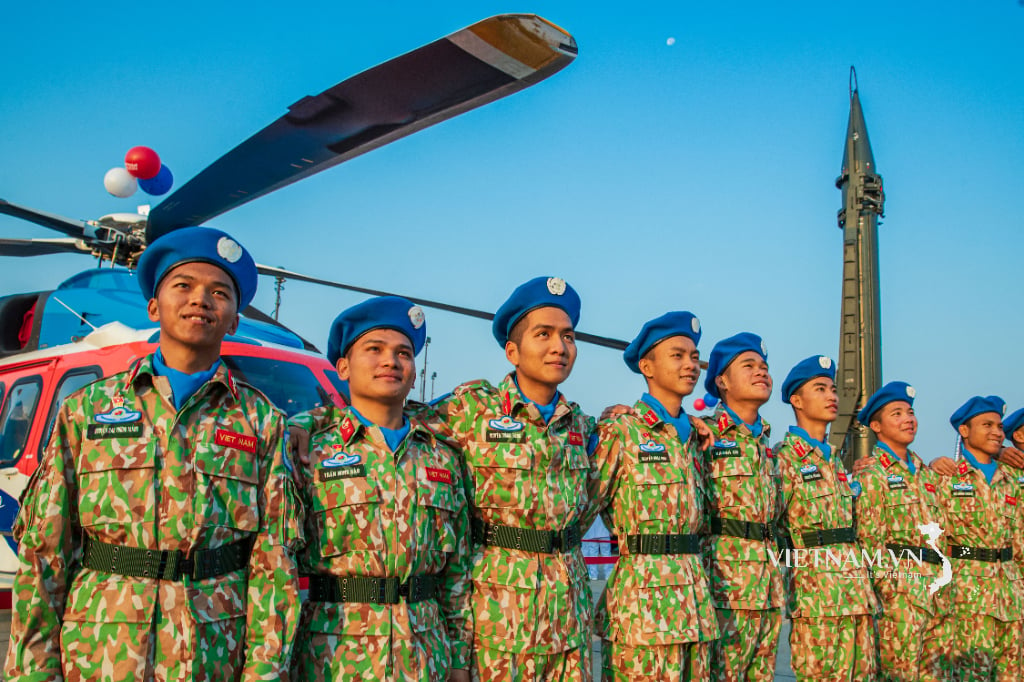



Comment (0)